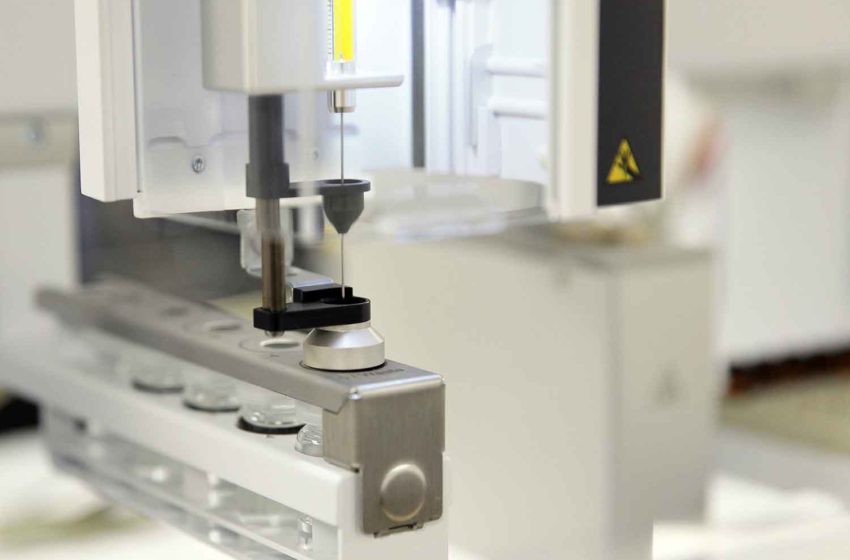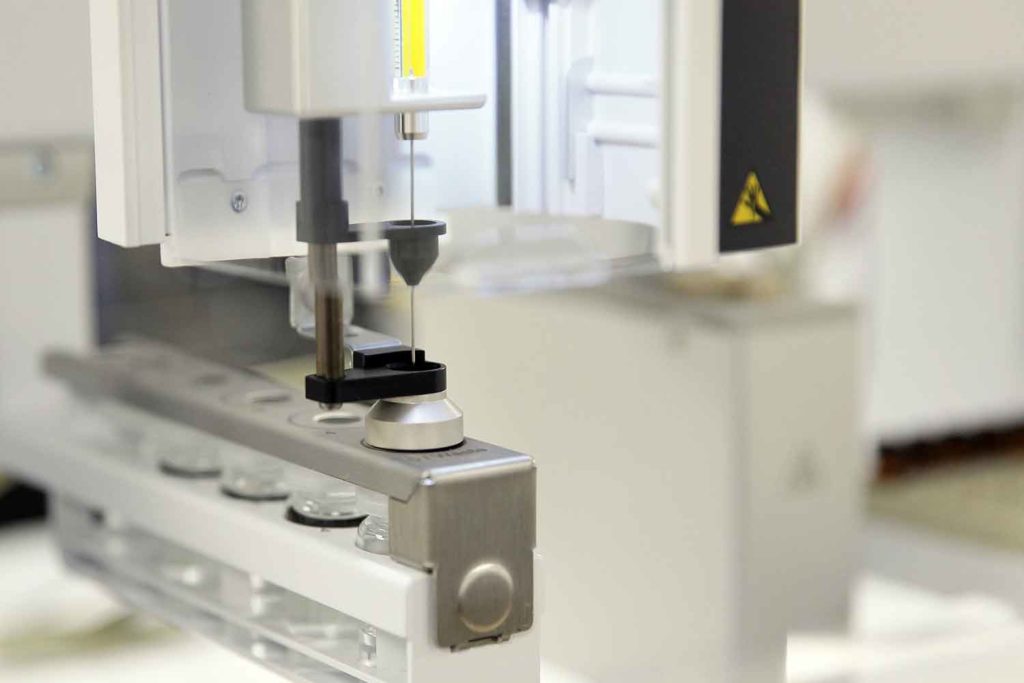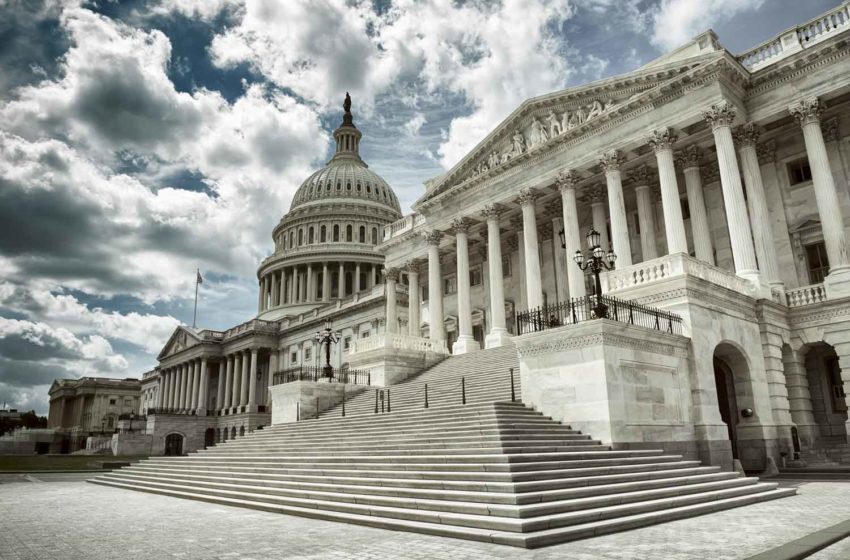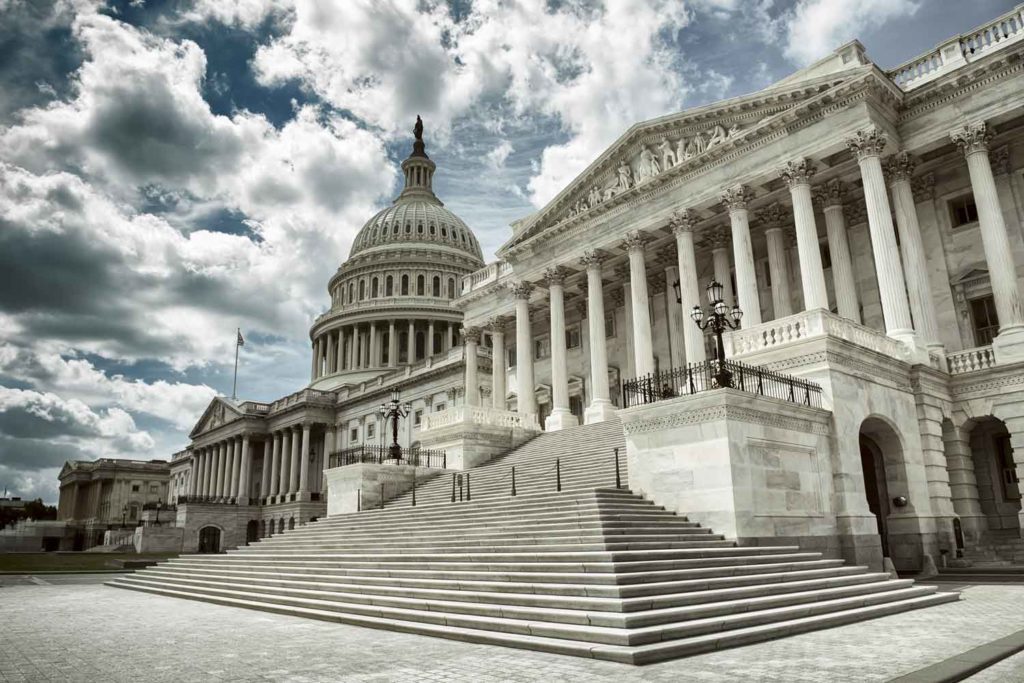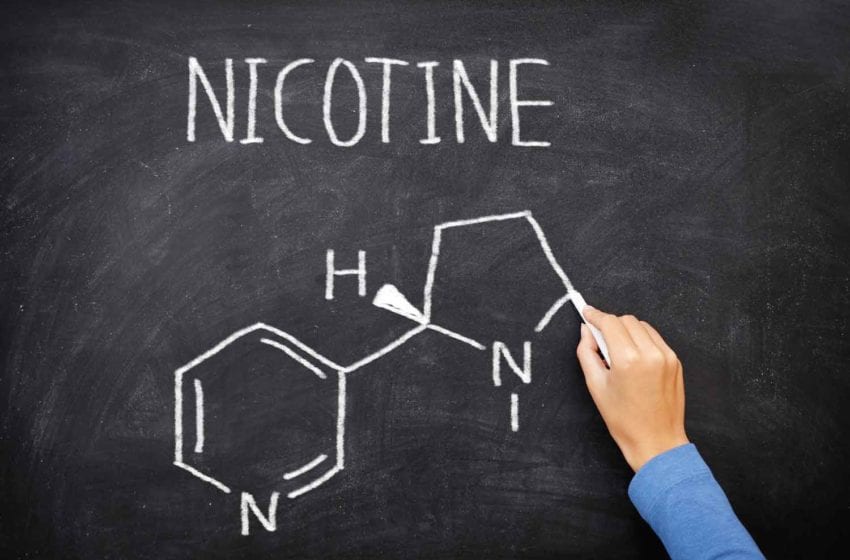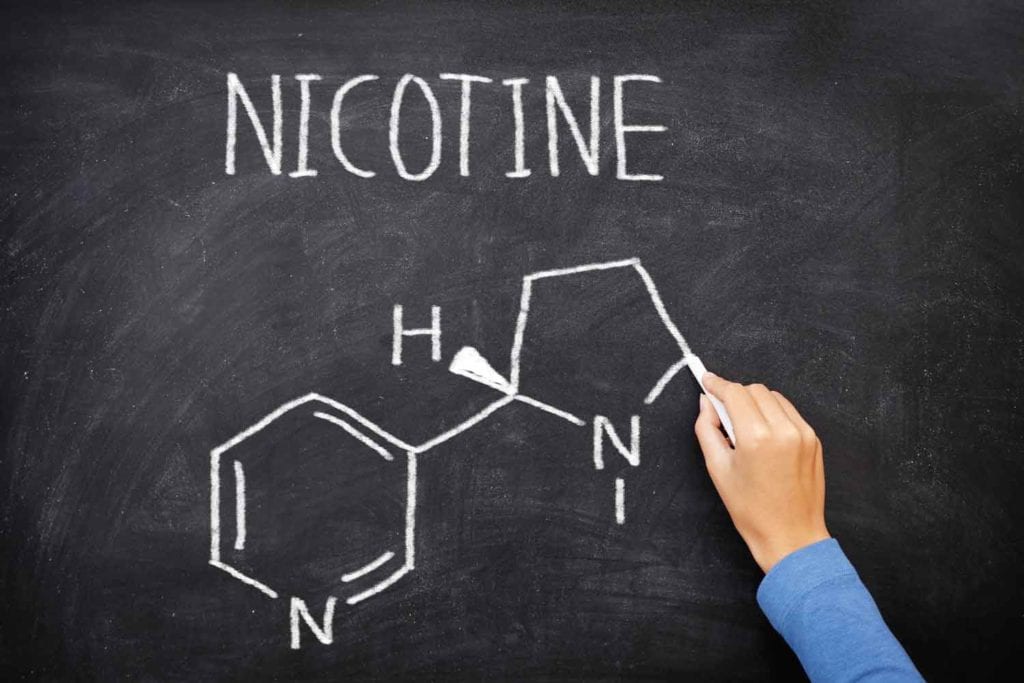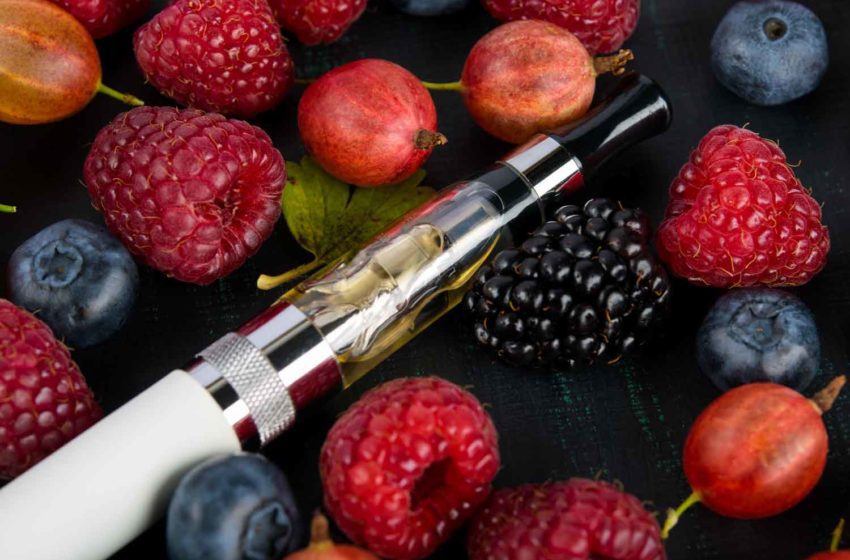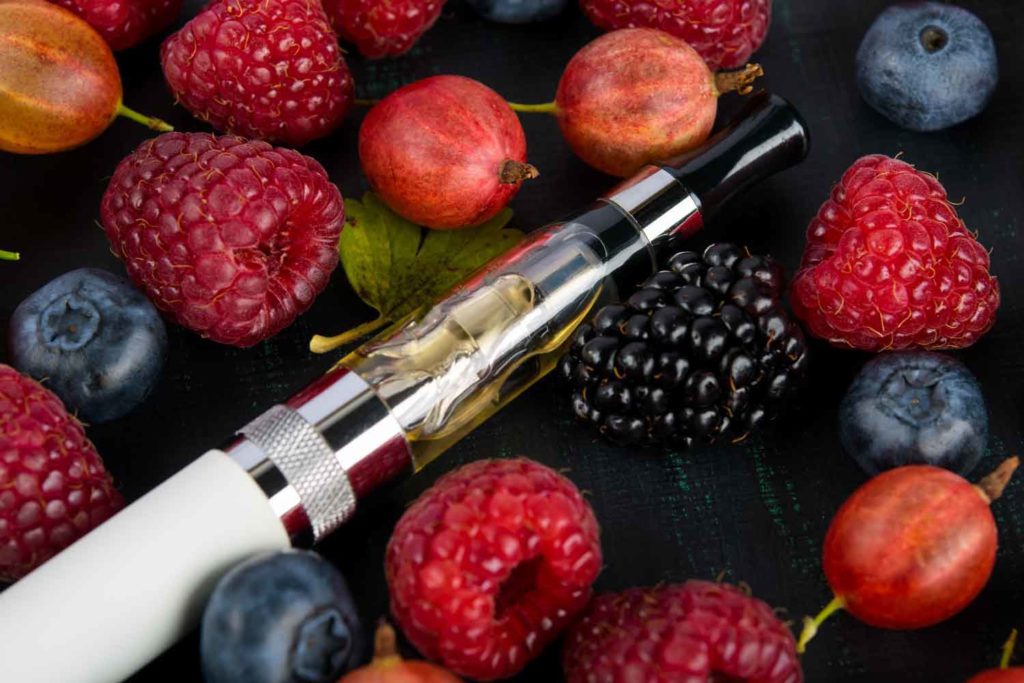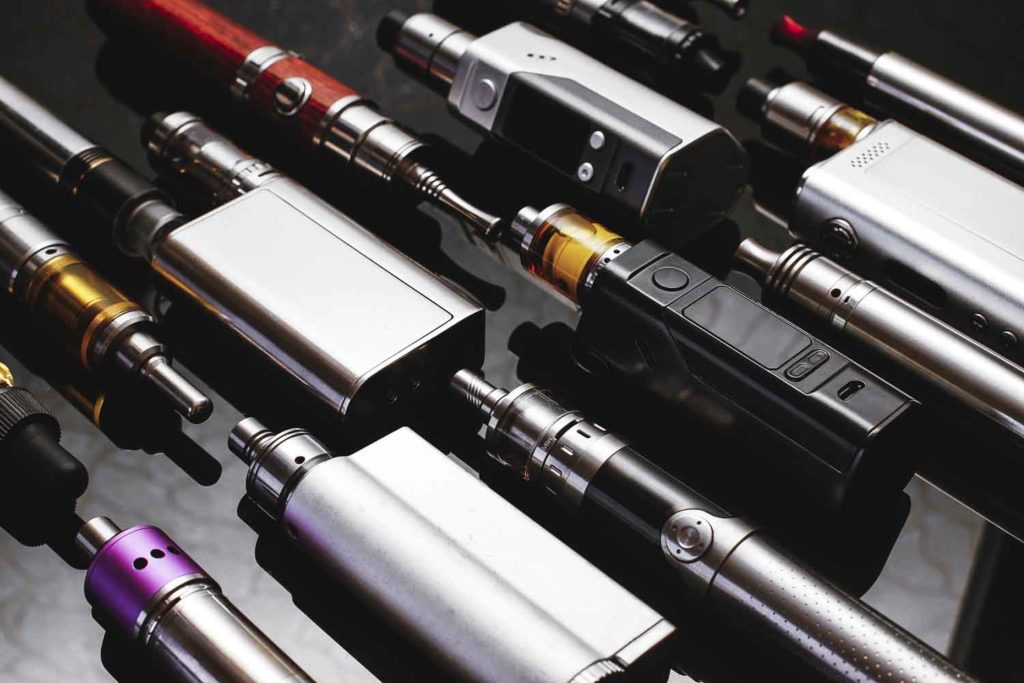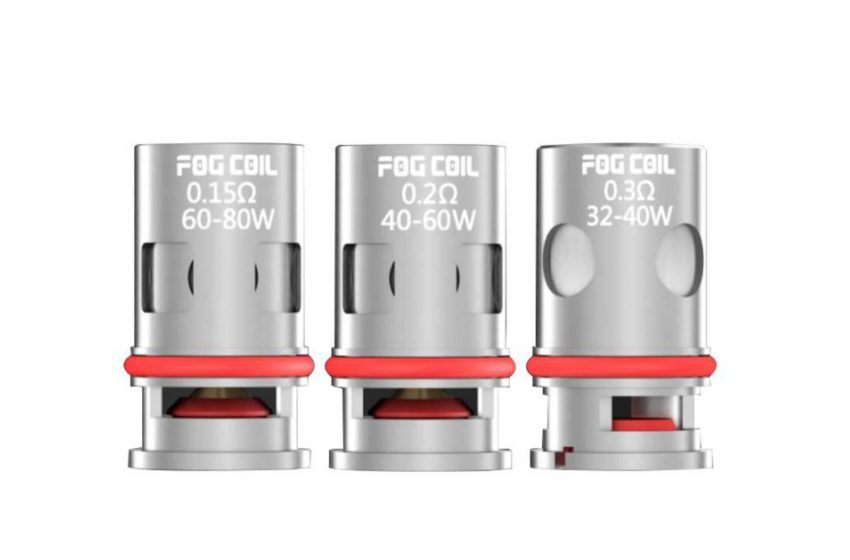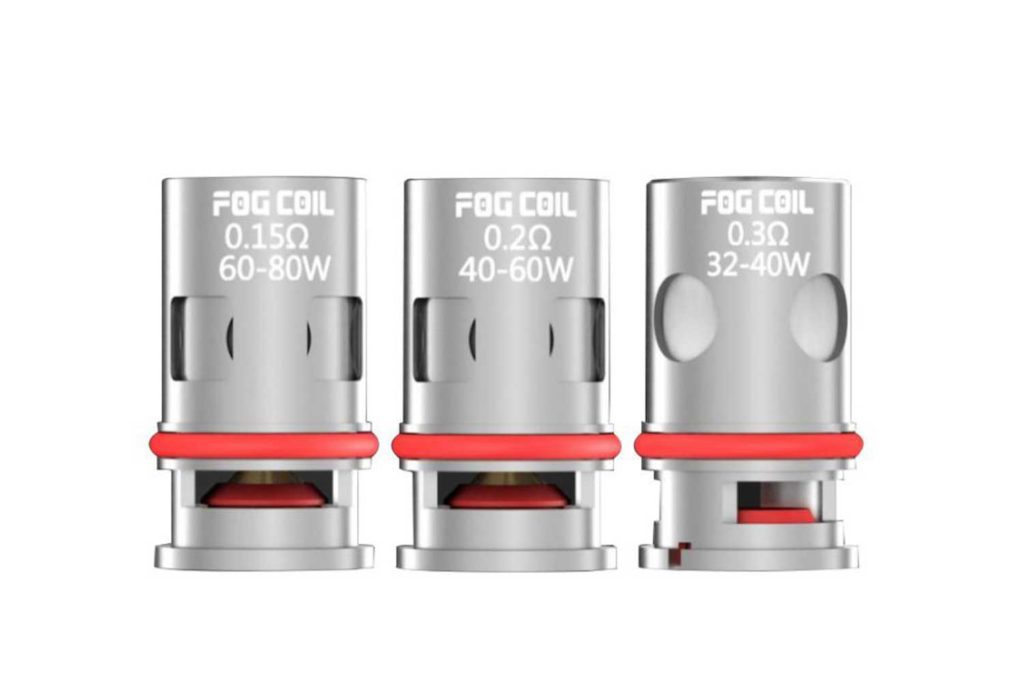
A demonstrative policy debate event on whether e-cigarettes should be regulated was held on March 8, 2022, in Taipei, showing how different public policy viewpoints can be rationally discussed, according to The Taipei Times. The debate was held by the Chinese Debate Promotion Association (CDPA) at the Taipei NGO House.
CDPA Chairman and Founder Chia Pei-te said that the Executive Yuan in January approved a draft amendment to the Tobacco Hazards Prevention Act proposed by the Ministry of Health and Welfare for legislative review. The proposed regulations on emerging tobacco products have sparked discussions, he said.
The amendment would classify emerging tobacco products as “tobacco-like products” and “designated tobacco products.” E-cigarettes would be classified as “tobacco-like products” and be fully banned while heated-tobacco products would be classified as “designated tobacco products” and be subject to regulation.
The reasoning behind banning e-cigarettes includes keeping curious teenagers away from the products, preventing consumers from adding nicotine to e-cigarette e-liquids and lowering the risk of teenage users turning to smoking.
The debate participants went back and forth discussing the pros and cons of regulating e-cigarettes versus banning them, bringing up subjects such as public health, tax revenue options and teenage use.
National Yang Ming Chiao Tung University (NYCU) College of Pharmaceutical Sciences Dean Kang Jaw-jou said that he was moved by opinions for and against e-cigarettes. He said the affirmative side proposed to directly manage e-cigarette use through regulations and an approval system while the opposing side stressed their attitude to life—banning a substance if the public consensus deems it harmful to society.
Many aspects of the topic can be argued, but e-cigarettes can cause negative health effects, and supporters and opponents must clearly present this fact to the public in further discussions, stated Wang Hsiang-tsui, NYCU Faculty of Pharmacy associate professor.


